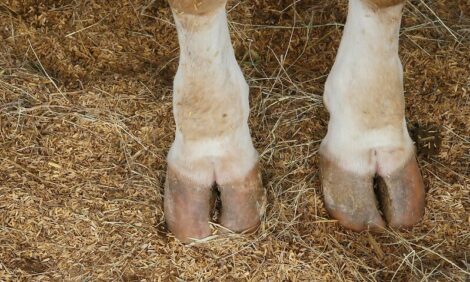



Importance of Young Farmers Highlighted
EU - Eric Driver, delegate from the European Council of Young Farmers (CEJA’s) Irish member organisation Macra na Feirme, had the opportunity to make a presentation on young farmers and food security in Friday’s European Commission conference entitled “The Common Agricultural Policy (CAP) Towards 2020 – Taking Stock with Civil Society“ in Brussels, Belgium.The high-level, invitation-only conference featured a number of important speakers, including Commissioner Dacian Ciolo? and Cypriot Minister for Agriculture and current President of the Agriculture and Fisheries Council Sofoclis Aletraris, who opened the conference with a plenary session.
This was followed by a choice to attend one of three workshops featuring a variety of speakers, from Director Generals to agricultural professors and heads of unit. CEJA was represented in Workshop A on the topic of Food Security, by a young Irish farmer, Eric Driver.
Mr Driver focused his presentation on the need for young farmers to be equipped with the right policy measures and tools in order for them to help secure European and global food security, particularly calling for positive regulation for young farmers in the CAP’s key areas. Statistics have recently been published demonstrating that there are more farmers over the age of 80 in Ireland than under the age of 35 – a shocking indicator of the gravity of the current situation.
In this context, Mr Driver outlined CEJA’s position on young farmers requiring access to national reserves, crisis management tools, and the continuation of the sugar quota regime with the possibility for Member states out of the system to be able to re-enter it. Mr Driver echoed the long- standing CEJA position on young farmers’ measures in the CAP while calling for a comprehensive start-up package for young people attempting to enter the sector.
Concluding his presentation, he stated: “We as active farmers alongside the European authorities [...] must ensure that this important [CAP] budget is being sent directly to the farmer in the field, producing the food for tomorrow.“







